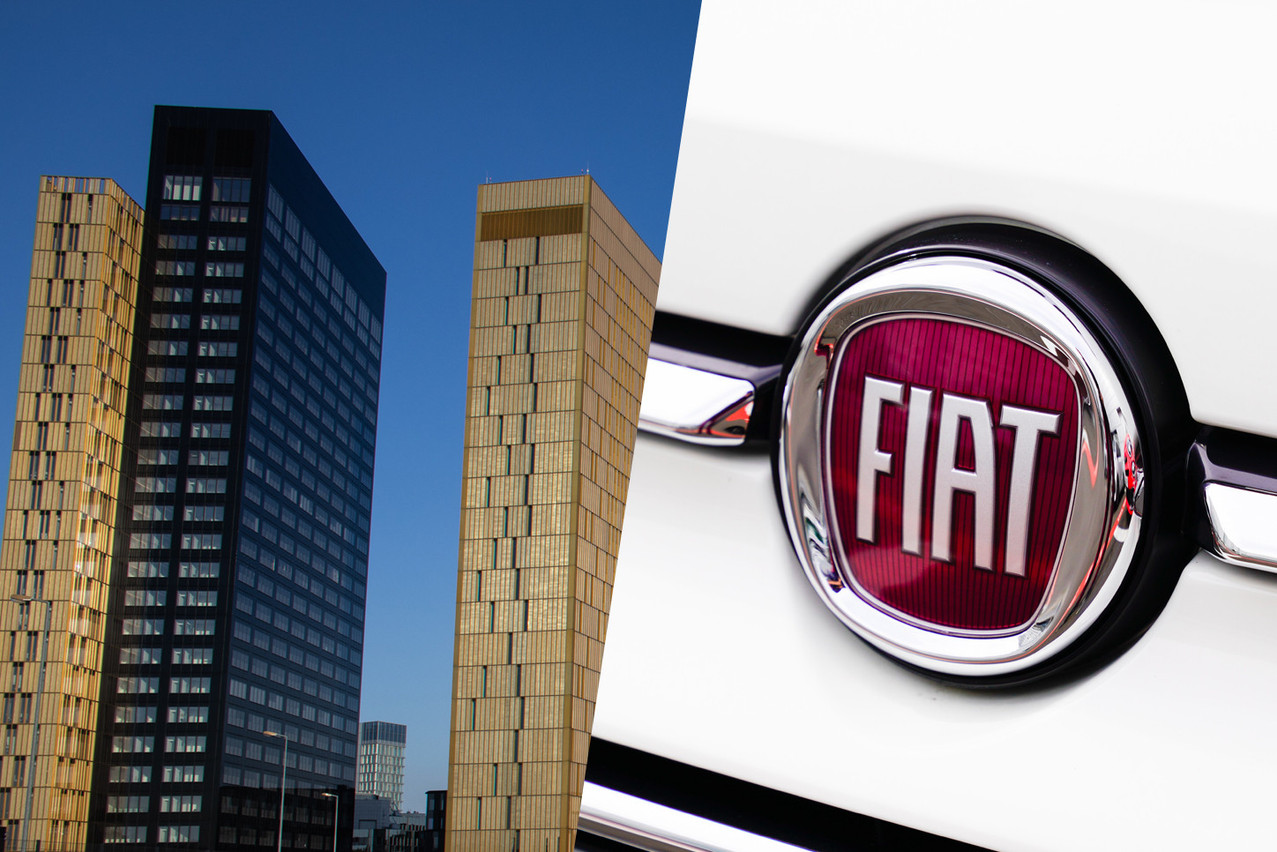In his opinion delivered on 16 December, advocate general Priit Pikamäe proposes that the Court of Justice of the European Union annul the commission's decision that the aid granted by Luxembourg to Fiat was “incompatible with the internal market”.
The case is over ten years old. In September 2012, Luxembourg tax authorities adopted an advance ruling in favour of Fiat Chrysler Finance Europe. This company of the Fiat group provides treasury and financing services to group companies in Europe.
In 2015, the commission considered that this ruling adopted the wrong calculation method and constituted state aid, incompatible with the functioning of the internal market. It therefore ordered Luxembourg to recover the unpaid tax, between €20m and €30m.
Luxembourg, but also Fiat, appealed to the European Court, which is a first instance said that “the commission was (…) right to consider that the advance ruling in question conferred an advantage on FFT on the grounds that it led to a reduction in FFT's tax burden compared with that which it would have had to pay under Luxembourg tax law.”
The same judgment dismissed Luxembourg's argument that requiring the tax authorities to recover uncollected tax is contrary to the principle of legal certainty. So was the attempt to challenge the deposit of the €23.1m.
Error of law
Ireland, which would have much to lose if such a judgment were to become a precedent in the field of state aid, lodged an appeal against it on 4 December 2019, raising several errors of law. This was supported by Luxembourg and Fiat Chrysler.
And the advocate general considers in his conclusions that the court “erred in law by approving the normal taxation as identified by the commission for the purposes of examining the existence in this case of an advantage.”
Pikamäe said the court’s case law should apply, “according to which an error in the determination of the reference framework vitiates the entire analysis relating to selectivity.”
The advocate general therefore considers that the judgment of the first instance judgment “infringes the provisions of the treaty governing the division of competences between the union and its member states and providing for a prohibition on harmonisation in tax matters.”
Pikamäe suggests that the court should give final judgment on the case.
This story was first published in French on . It has been translated and edited for Delano.
